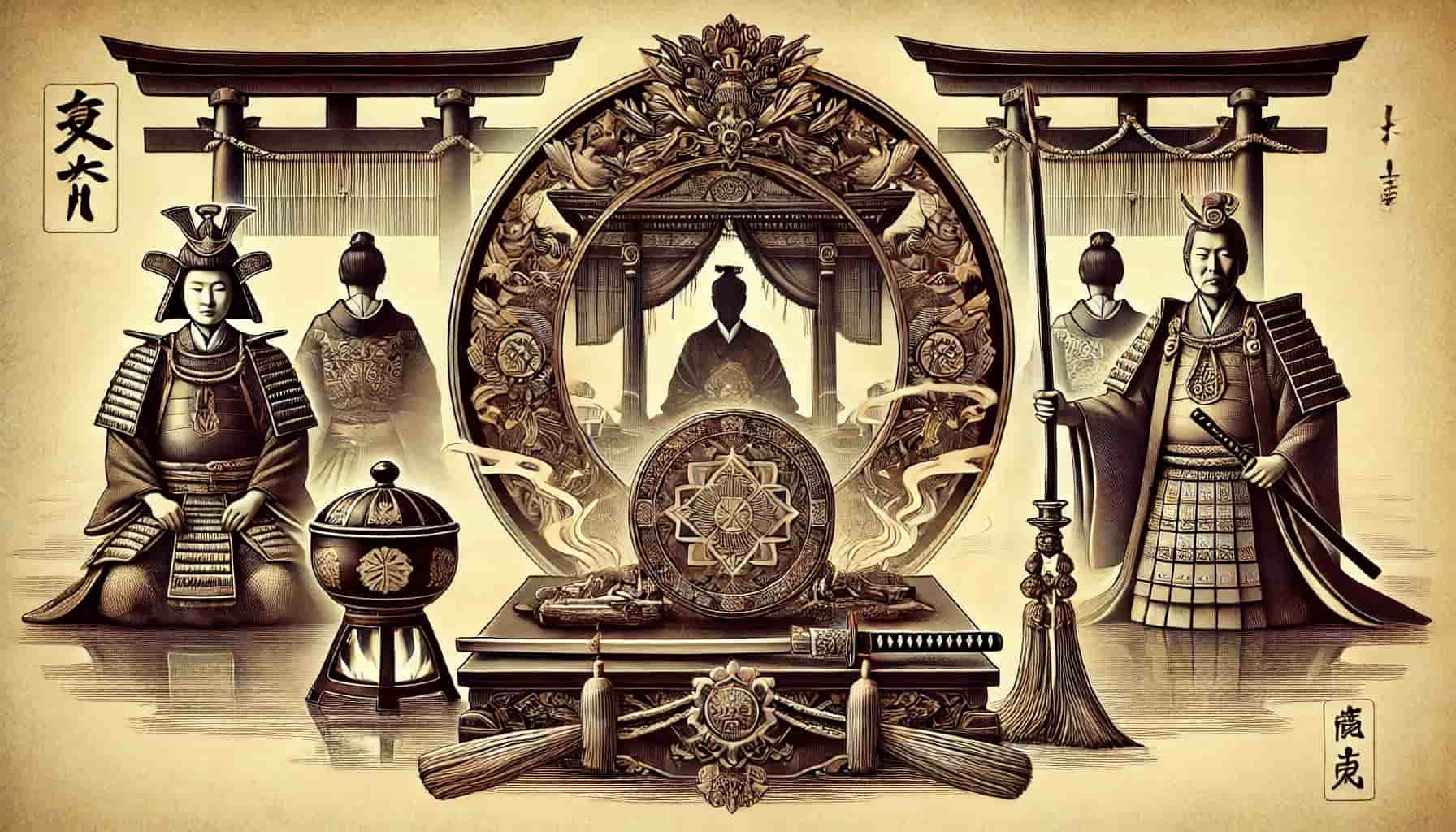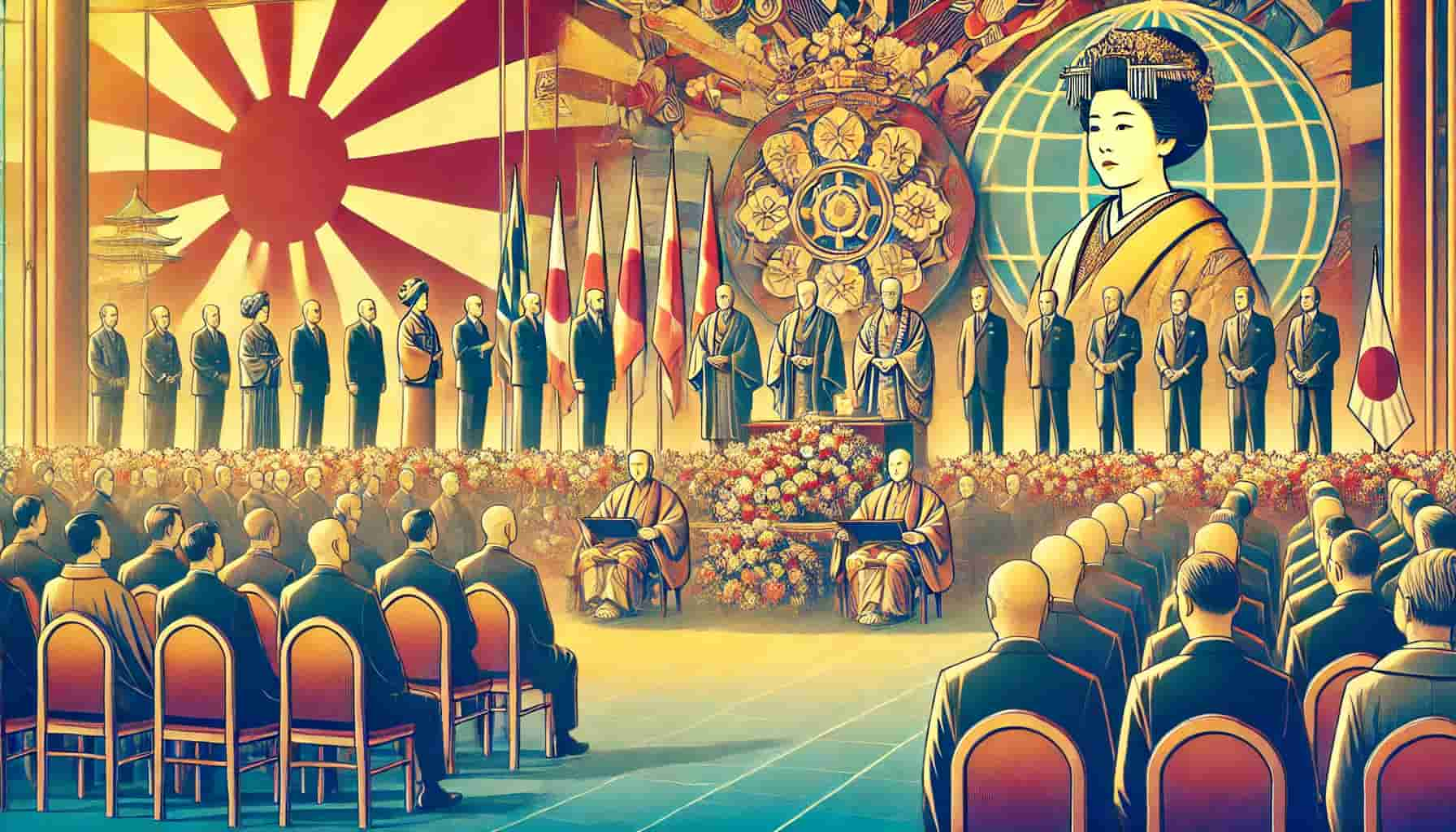Armistice Day, Remembering the End of World War I.
The theme of this English language resource is "learning casual English through real events."
The theme of this English resource is "Learn casual English through real events."
Section 1: The Significance of Armistice Day
Armistice Day marks the end of World War I, a conflict that lasted for more than four years and involved many nations around the globe. On November 11, 1918, Germany and the United States signed an armistice agreement, bringing an end to hostilities. Today, it's important to remember the lessons learned from this war and to Today, it's important to remember the lessons learned from this war and to "keep the peace" for future generations.
Q1: What is the significance of November 11, 1918?
Sample Answer: November 11, 1918, marks the day when an armistice agreement was signed between Germany and the United States, ending World War I.
Q2: How is Armistice Day observed in the United States today?
Sample Answer: In the United States, Armistice Day is now called Veterans Day, and it honors all military veterans with ceremonies and moments of silence.
Q3: What lesson can we learn from World War I?
Sample Answer: One lesson we can learn from World War I is that conflicts can "get out of hand" quickly if not addressed through diplomacy and cooperation.
Now, let's talk using idioms.
Let the students choose one favorite idiom and make an example sentence.
Idiom Explanation: "Keep the peace"
"Keep the peace" means to maintain peace and avoid conflict. It is often used in contexts where harmony and stability are desired.
Example Sentence: The neighbors had a small argument, but they decided to "keep the peace"for the sake of their community.
Section 1: The Importance of Armistice Day
Armistice Day commemorates the end of World War I, a world war that lasted more than four years; on November 11, 1918, an armistice agreement was signed between Germany and the United States, ending the fighting. This day is commemorated as an international anniversary to honor those who served and sacrificed in the great war. Today, we remember the lessons learned from this war for future generations."maintain (preserve) peace"It is important to
Q1: What is the importance of November 11, 1918?
SAMPLE ANSWER: November 11, 1918 was the date when the armistice was signed between Germany and the United States, ending World War I.
Q2: How is Armistice Day celebrated in the United States today?
SAMPLE ANSWER: In the U.S., Armistice Day is now called Veterans Day, and ceremonies and silent prayers are held to honor all military personnel.
Q3: What lessons can we learn from World War I?
Sample Answer: The lesson we can learn from World War I is that conflicts can quickly "get out of hand" if they are not handled through diplomacy and cooperation.
Idioms explained: "keep the peace."
: “Keep the peace“
To "keep the peace" means to maintain peace and avoid conflict. It is often used in situations where harmony and stability are required.
Example Sentences:. The neighbors had a small argument, but it was for the good of the community."maintain (preserve) peace"We decided to
Section 2: How Armistice Day is Observed

Armistice Day is observed in different ways around the world. In the United States, it eventually became Veterans Day, a day to honor all military veterans. Ceremonies are held at war memorials, and moments of silence are observed to "pay tributeIn some countries, people wear red poppies as a symbol of remembrance. The goal of these ceremonies is not only to remember the past but also to encourage future generations to value peace and freedom.
Q1: What is Armistice Day now called in the United States?
Sample Answer: Armistice Day is now called Veterans Day in the United States.
Q2: How is Armistice Day observed in the United States today?
Sample Answer: In the United States, Armistice Day is now called Veterans Day, and it honors all military veterans with ceremonies and moments of silence.
Q3: What symbol is often worn on Armistice Day in some countries?
Sample Answer: In some countries, people wear red poppies as a symbol of remembrance.
Now, let's talk using idioms.
Let the students choose one favorite idiom and make an example sentence.
Idiom Explanation: "Pay tribute"
"Pay tribute" means to show respect or admiration for someone or something, often in a formal way. It can be used when commemorating important people or events.
Example Sentence: The community gathered to "pay tribute" to the soldiers who fought in the war.
Section 2: How Armistice Day is Celebrated
Armistice Day is celebrated in many different ways around the world. In the United States, it eventually became Veterans Day, a day to honor all veterans. A ceremony is held at the War Memorial, with a moment of silence for those who fought."show respect" is done. In some countries, red poppy flowers are worn as a symbol of remembrance. The purpose of these ceremonies is not only to remember the past, but also to encourage future generations to respect the values of peace and freedom.
Q2: How is Armistice Day celebrated in the United States today?
SAMPLE ANSWER: In the U.S., Armistice Day is now called Veterans Day, with ceremonies and a moment of silence to honor all veterans.
Q1: What is Armistice Day now called in the United States?
SAMPLE ANSWER: In the U.S. Armistice Day is now called Veterans Day.
Q3: What symbols are worn on Armistice Day in some countries?
Sample Answer: in some countries, red poppy flowers are worn as a symbol of remembrance.
Idioms explained: "to show respect."
: “Pay tribute""To honor" means to show respect or appreciation for someone or something. It is often used to commemorate important people or events.
Example Sentences:. The community is to the soldiers who fought in the war."show respect"We gathered for the purpose of
Section 3: Lessons Learned from World War I

World War I taught us many lessons about the cost of war and the importance of diplomacy. it showed how quickly conflicts can "get out of handThe Great War was a stark reminder of the consequences of unchecked aggression and the need for international cooperation. Today, these lessons remind us to value dialogue and negotiation over conflict, ensuring that the horrors of the past do not repeat Today, these lessons remind us to value dialogue and negotiation over conflict, ensuring that the horrors of the past do not repeat themselves.
Q1: What did World War I teach us about conflicts?
Sample Answer: World War I taught us that conflicts can get out of hand quickly if not addressed early on.
Q2: Why is international cooperation important according to the lessons of World War I?
Sample Answer: International cooperation is important to prevent the unchecked aggression that led to World War I.
Q3: What can we do today to avoid the horrors of the past?
Sample Answer: We can value dialogue and negotiation over conflict to ensure the horrors of the past do not repeat themselves.
Now, let's talk using idioms.
Let the students choose one favorite idiom and make an example sentence.
Idiom Explanation: "Get out of hand"
"Get out of hand" means to become uncontrollable or chaotic. It is often used to describe situations that escalate beyond what was expected or manageable. It is often used to describe situations that escalate beyond what was expected or manageable.
Example Sentence: The debate between the two friends started off calmly, but it soon "got out of hand" when they began shouting at each other.
Section 3: Lessons Learned from World War I
World War I taught us many lessons about the cost of war and the importance of diplomacy. If a conflict is not dealt with in its early stages, how quickly "get out of control"It showed whether the The Great War was a vivid reminder of the consequences of unchecked aggression and the need for international cooperation. Today, these lessons teach us the importance of emphasizing dialogue and negotiation to avoid repeating the horrors of the past.
Q3: What lessons can we learn from World War I?
Sample Answer: The lesson we can learn from World War I is that conflicts can quickly "get out of hand" if they are not handled through diplomacy and cooperation.
Q1: What did World War I teach you about conflict?
SAMPLE ANSWER: World War I taught us that conflicts can quickly get out of hand if not dealt with in the early stages.
Q2: Why is international cooperation important according to the lessons of WWI?
SAMPLE ANSWER: International cooperation is important to prevent the unchecked aggression that led to World War I.
Q3: What can I do today to avoid past fears?
SAMPLE ANSWER: we can emphasize dialogue and negotiation to avoid repeating the horrors of the past.
Idiom commentary: "to get out of hand."
: “Get out of hand“
To "get out of control" means to become uncontrollable or disorganized. It is often used to describe a situation that escalates beyond what was anticipated or manageable.
Example Sentences:. The argument between the two friends started out calmly, but soon they started yelling at each other."Things got out of hand.".
Section 1: The Coronation of Emperor Showa
On November 10, 1928, Emperor Showa (Hirohito) officially ascended to the Chrysanthemum Throne in Kyoto. This grand coronation was a momentous occasion that drew interest from both domestic and international audiences, showcasing Japan's deep-rooted imperial traditions. The ceremony represented the continuation of Japan's imperial lineage, ensuring that the Chrysanthemum Throne would be "passed down the line" from generation to generation.
Q1: When was Emperor Showa's coronation held?
- A1: Emperor Showa's coronation was held on November 10, 1928.
Q2: What did Emperor Showa's coronation symbolize?
- A2: It symbolized the continuation of Japan's imperial lineage.
Q3: Where did the coronation take place?
- A3: The coronation took place in Kyoto.
Now, let's talk using idioms.
Let the students choose one favorite idiom and make an example sentence.
Idiom: "Passed down the line" Meaning: To be passed from one generation to the next. Example: The tradition was passed down the line, ensuring that it remained a part of the family for generations.
Emperor Showa's Accession to the Throne and American Idioms: History and English Together!
Section 1: Accession of Emperor Showa
On November 10, 1928, Emperor Showa (Hirohito) officially acceded to the throne in Kyoto and ascended the Chrysanthemum Throne. This grand coronation ceremony attracted interest in Japan and abroad, and served as a showcase for Japan's deep imperial traditions. The ceremony symbolized that the Japanese throne is "passed down from generation to generation" and that the imperial lineage will continue from generation to generation.
Questions and Answers
Q1: When was Emperor Showa's coronation ceremony held?
A1: Emperor Showa's coronation ceremony took place on November 10, 1928.
Q2: What did Emperor Showa's coronation ceremony symbolize?
A2: It symbolized the continuation of the Japanese imperial lineage.
Q3: Where was the coronation ceremony held?
A3: The coronation ceremony took place in Kyoto.
Idiom: "Passed down the line"
meaning: To be passed down from generation to generation.
Example: "The tradition was passed down from generation to generation and remained part of the family for generations to come."
Section 2: Cultural Significance of the Coronation

The coronation of Emperor Showa was more than just a political event; it was a cultural milestone that reflected Japan's rich traditions and beliefs. The sacred regalia, including the mirror, sword, and jewel, played a key role in emphasizing the divine connection between the emperor and Shintoism. This ceremony was a clear indication that Japan intended to "keep one foot in the past"While also moving toward modernization, blending tradition with progress.
Q1: What role did the sacred regalia play in the coronation?
- A1: The sacred regalia emphasized the divine connection between the emperor and Shintoism.
Q2: What does the coronation reflect about Japan?
- A2: It reflects Japan's intention to honor tradition while embracing modernization.
Q3: How did Japan balance tradition and progress during the coronation?
- A3: Japan balanced tradition and progress by keeping one foot in the past while moving toward modernization.
Now, let's talk using idioms.
Let the students choose one favorite idiom and make an example sentence.
Idiom: "Keep one foot in the past" Meaning: To respect and maintain traditions while also embracing new changes. Example: The family decided to keep one foot in the past by celebrating traditional holidays while also adapting to modern customs.
Section 2: Cultural Significance of the Accession Ceremony
The enthronement ceremony of Emperor Showa was not merely a political event, but also a cultural milestone that reflected the rich traditions and beliefs of Japan. The three sacred sacred artifacts - the mirror, sword, and jade - played an important role, underscoring the sacred connection between the emperor and Shintoism. The ceremony demonstrated Japan's commitment to modernization, blending tradition and progress while "keeping one foot in the past.
Questions and Answers
Q1: What are the roles of the sacred three sacred objects in the coronation ceremony?
A1: The three sacred objects emphasized the sacred connection between the emperor and Shintoism.
Q2: What does the coronation ceremony reflect about Japan?
A2: It reflects Japan's commitment to modernization while respecting its traditions.
Q3: How did Japan combine tradition and progress in the coronation ceremony?
A3: Japan has managed to combine tradition and progress by moving toward modernization while keeping one foot in the past.
Idiom: "Keep one foot in the past"
meaningThe goal is: to continue to respect traditions while embracing new changes.
Example: "That family has one foot in the past by celebrating traditional holidays while also adapting to modern customs."
Section 3: International Reactions

Many international representatives and diplomats attended Emperor Showa's coronation, highlighting Japan's growing The event was a chance for Japan to "roll out the red carpetThe congratulatory messages from foreign nations underscored the friendly relations Japan was fostering and its desire to be recognized as a modern, cooperative nation. The congratulatory messages from foreign nations underscored the friendly relations Japan was fostering and its desire to be recognized as a modern, cooperative nation.
Q1: Who attended Emperor Showa's coronation?
- A1: Many international representatives and diplomats attended.
Q2: What did the coronation signify for Japan's international status?
- A2: It signified Japan's growing presence on the world stage.
Q3: How did Japan present itself during the coronation?
- A3: Japan rolled out the red carpet to showcase its cultural richness and diplomatic aspirations.
Now, let's talk using idioms.
Let the students choose one favorite idiom and make an example sentence.
Idiom: "Roll out the red carpet" Meaning: To give special treatment or show hospitality, often to important guests. The city rolled out the red carpet for the visiting dignitaries, hosting a grand welcoming ceremony.
Section 3: International Reactions
Many international representatives and diplomats attended Emperor Showa's coronation ceremony, demonstrating Japan's growing international standing. The event was an occasion for Japan to "roll out the red carpet" and demonstrate its cultural richness and diplomatic aspirations. Congratulatory speeches from foreign countries underscored Japan's desire to build friendly relations and be recognized as a modern, cooperative nation.
Questions and Answers
Q1: Who attended Emperor Showa's coronation ceremony?
A1: Many international representatives and diplomats attended.
Q2: What did the coronation ceremony mean for Japan's international standing?
A2: It meant Japan's growing international status.
Q3: How did Japan introduce itself at the coronation ceremony?
A3: Japan rolled out the red carpet and demonstrated its cultural richness and diplomatic aspirations.
Idiom: "Roll out the red carpet"
meaning: To show special treatment and welcome to important guests.
Example: "The city rolled out the red carpet for the visiting dignitaries and held a grand welcoming ceremony."



Disclaimer:
This English language material is based on content generated using ChatGPT with modifications. While every care has been taken to ensure the accuracy of the information, it may contain errors. We are not responsible for any damages caused by the use of this material.



